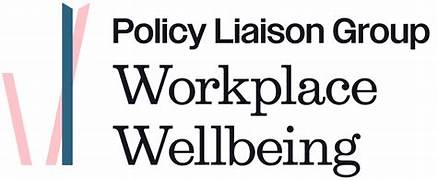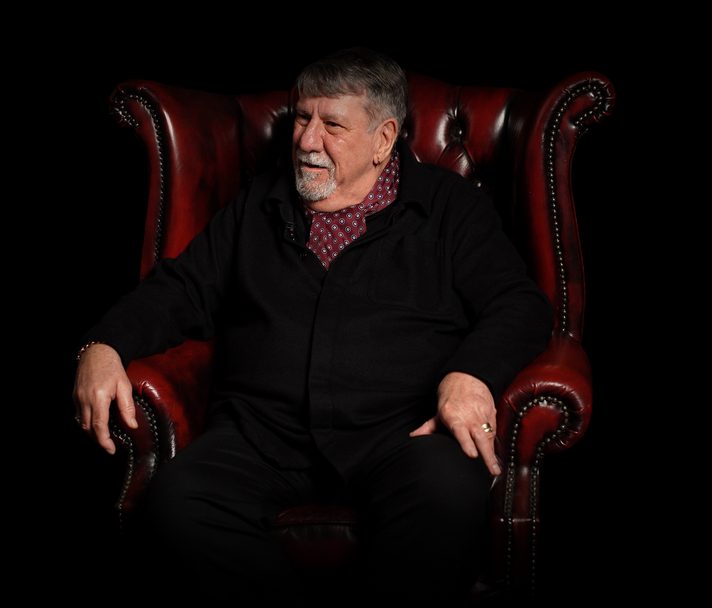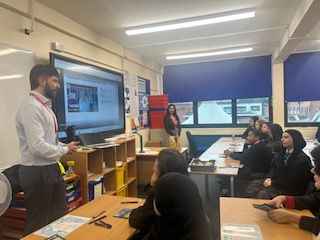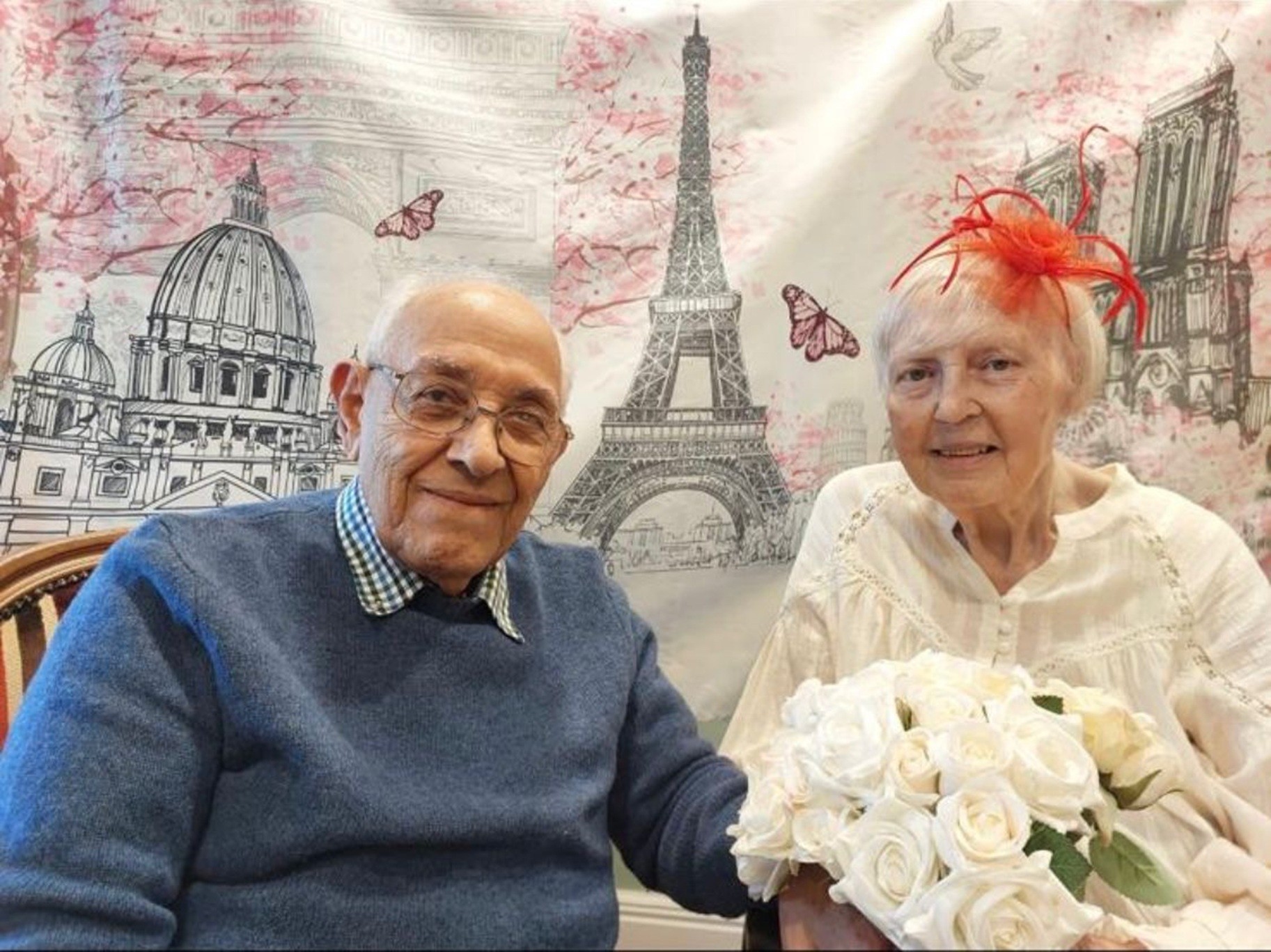The Commonwealth will chart a course to decrease violence against women – one of the biggest problems facing humanity - Secretary-General Patricia Scotland has told experts. Speaking at an event at Commonwealth Headquarters, the Secretary-General will advocate for a multi-sector approach to tackling the issue. She will lay out a package of measures, including legal, educational and health resources that governments can use to protect women and girls from violence.
Participants will also witness the London launch of the cutting-edge Commonwealth judicial bench books to beef up laws that protect women and girls. More than a hundred specialists in the area, senior officials from international development organisations and gender rights campaigners will review the new initiatives. The Secretary-General, who identified ending violence against women as a priority when she took office in April, said she will be looking for opportunities to collaborate with partners to boost resources.
“We have to do this. We have to do it for the women and children who are forced to into an existence of constant and tormenting fear and left with eternal scars. We have to do it for the ten year olds who are forced into marriage, the parents who have to bury daughters battered by their partners, and for the girls who are at risk of bleeding to death after being subjected to female genital mutilation.
“The cruel reality of this violence is having a deep impact, not just on our social fabric, but also on our economies. The spiralling social dysfunction, demands on health provision, and lost productivity adds up to a staggering economic cost. Researchers think this could be as high as 10 per cent of some countries’ GDP. So no one can say that tackling violence is not a priority.”
She added: “The good news is that change is possible. As a government minister, I saw first-hand what can happen when doctors, teachers and government services join forces to tackle this problem. With this joined-up approach we were able to bring down rates of violence against women by 64 percent. It works!”
The meeting at the Commonwealth headquarters in London is scheduled to mark the UN’s International Day for the Elimination of Violence Against Women.
It will build on existing Commonwealth Secretariat work on the issues. In April, the Commonwealth Secretary-General held a women’s leadership summit to develop a Commonwealth manifesto and action plan on gender issues and equality. This was reinforced by the outcome of the Commonwealth Women’s Affairs meeting, where ending violence against women was one of four priorities endorsed by ministers.
“I know I have the whole Commonwealth family’s support because it’s clear in our Charter that gender equality is a basic human right, and women’s empowerment is essential to sustainable development. In 2015 Commonwealth leaders, at their summit, prioritised achieving gender equality. So let’s get to work.”
















